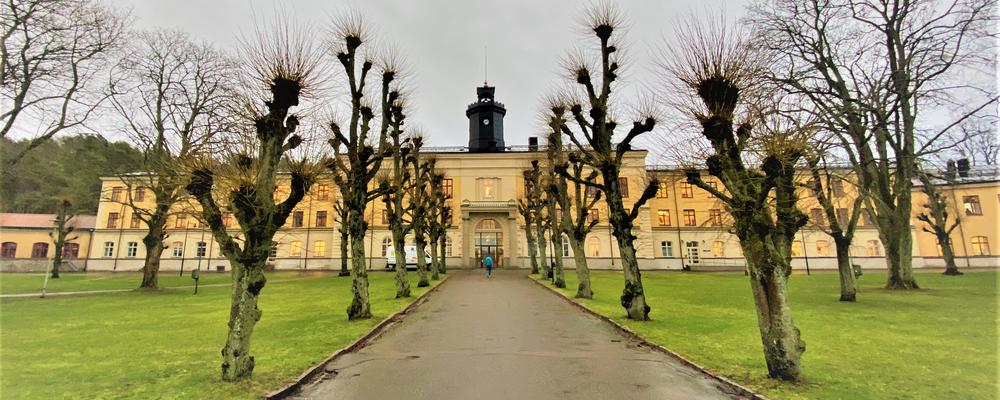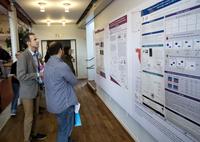
- Researchers in the network
- 4th Nordic Seminar Infection Control 2025
- 3rd Nordic Seminar Infection Control 2024
- Nordic Conference on Infection Control, November 20-22, Göteborg
- 2nd Nordic Seminar in Infection Control 2023
- Recorded presentations
- Workshop presentations 2023
- 1st Nordic Seminar in Infection Control 2022
- Recorded presentations
- Workshop presentations 2022
- Conferences 2023
- Research Funds
Nordic research network on infection control
Gothenburg University has by support from the Nordic Council of Ministers established a Nordic research network on infection control with yearly seminars in Gothenburg. The 4th Nordic seminar will take place November 24-26 2025. All researchers in infection control are welcome to present their project.
To make it easier to identify potential partners in the other countries we invite you to submit a short presentation of you or your group’s actual research. Please, fill in the PDF form to the right and send it back to Agnes Wold. After that we will make it available at the website for all in the research network. You are also welcome to send your questions and comments.
Internet Explorer or Google Chrome is recommended when filling out the form digitally!

4th Nordic Seminar Infection Control 2025
24-25-26 nov 2024 Wallenberg Conference Center, Medicinaregatan 14, Göteborg
Abstracts Nordic research network on infection controll 2025
TBA
Nordic Conference on Infection Control, November 20-22, Göteborg
The social patterning of Covid-19 vaccine uptake in older adults: A register-based cross-sectional study in Sweden

1st Nordic Seminar and Webinar on Infection Control

An Introduction to Healthcare Associated Waterborne Infections: Ecology, Prevention, Mitigation and ControlESCMID Postgraduate Education Course, Belfast, UK, October 31-Nov 2 2023
Infektionsveckan and mikrobiologiskt vårmöte Linköping May 21-24 2024
NECTM9 Conference on Travel Medicine, Copenhagen May 22-24 2024
University of Gothenburg
Forsknings- och innovationskontoret
If you know of additional funds possible to apply to for projects in infection control, please send an E-mail to Agnes Wold.